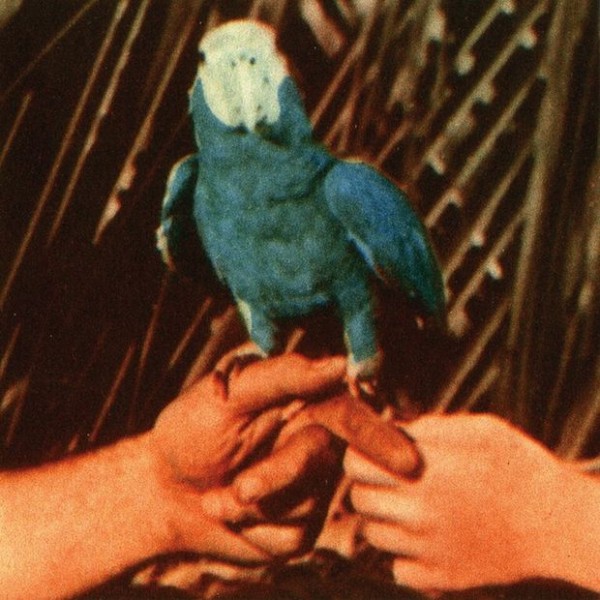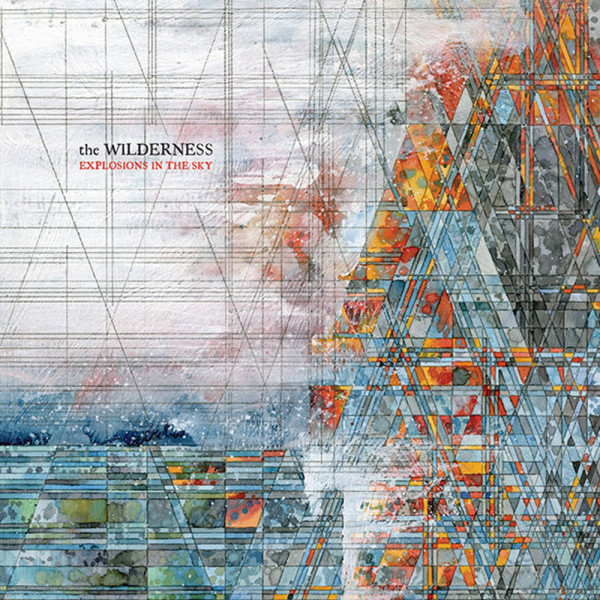Is it better to be straightforward or abstract? There are definite merits to both. The latter ensures that the message is clear and unmistakable while also lending it a layer of conviction, only achieved by emotional honesty. The former, though, allows the message to mean anything to anyone and can shield vulnerability from the prying, critical eyes. The conflict between these two lies at the heart of Are You Serious, the eleventh album by indie folk rocker Andrew Bird. A fascinating hit and miss performer, so much of Bird’s output has been filtered through the cerebral and the surreal that his intentions have often been blurred beyond recognition. So with the promise that Are You Serious was to be his most frank album yet, there was a real sense of anticipation. While the record offers tantalising promises of genuine heart, soul, and warmth (and in some cases provides in spades), it fails to deliver overall due its inability to stop obscuring its own humanity.
One facet of Are You Serious that can’t be denied is the scope and breadth of music on display. Bird is an excellent songwriter and over its eleven tracks, he delivers a rich genre-hopping tapestry with a handful of key reference points. The first of these points is Radiohead, specifically In Rainbows. ‘Chemical Switches’, an acoustic folk ditty, touches on the same beats as ‘Faust Arp’, while the album opener ‘Capsized’ has this fuzzed out blues riff and crisp, immaculate drum sound that invokes the spirits of ‘Bodysnatchers’ and ‘Weird Fishes/Arpeggi’. The next point is sixties pop and folk music as on ‘Puma’ which features a charming Beach Boys vocal harmony, and ‘Saints Preservus’ which would fit comfortably into a Byrds retrospective. But the most prominent influence seems to be that of Aimee Mann.
Everything about the title track has this Magnolia sense to it that is impossible to deny and that same sense is also on ‘The New Saint Jude’, which features Mann-like lyrical nuggets: “But ever since I, I gave up hope I’ve been feeling so much better”. The album is so dense and varied that every listen makes you want to delve a little bit deeper to find a new layer of appreciation. Lassoing you in without issue, the music sets the stage perfectly for the lyrics to enter your soul and make this one of the best records of the year. But they don’t.
The central issue with the record is that it is too distant. Bird obfuscates the lyrics in these layers of abstraction and obliqueness that is ultimately detrimental to the whole experience.
The album is at its most pure, holy and, well, interesting when he’s willing to drop the facade and let the listener in. Take the transcendent ‘Bellevue’, barely two minutes in length and using less than 50 words, it’s a simple tune about finding a someone who completes you in the most fundamental of ways. It’s patient, kind, not boastful and works as the perfect punctuation mark for the album. On the flip side is the Fiona Apple duet ‘Left Handed Kisses’, this much more bitter, yet earnest, dialog about burgeoning love and half-assed affection. It’s easily the best cut of the record as Apple’s smokey, almost snarled vocals perfectly contrast with the lilting delicacy of Bird’s and the music glides like a celestial being around the two. Additionally, it’s a lyrical beauty containing what currently stands as the year’s best lyric: “The point your song here misses is that if you really loved me/You’d risk more than a few 50 cent words in your backhanded love song”. Simultaneously breaking and warming your heart in equal measure, it is the clearest proof as to what Bird can achieve when he drops the aloofness and opts for the more direct approach. The aforementioned songs make the rest of the album that little bit more frustrating because he doesn’t let the listener in. He plays so much of this close to the chest that you end up appreciating the whole record rather than falling in love with it. Which is so disheartening because there are many excellent elements here to obsess and fawn over and all you’re left with is the longing. It’s a beautiful museum exhibit to be observed only. Will Murphy






